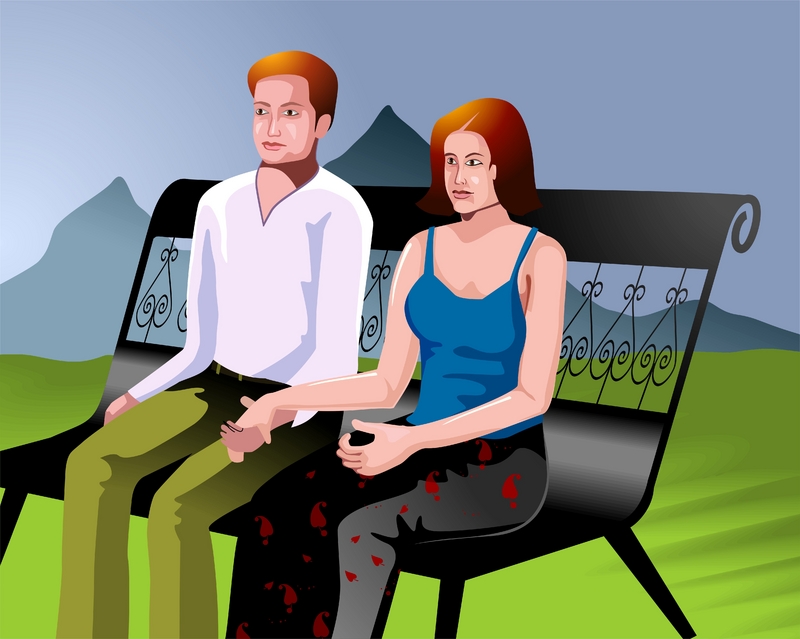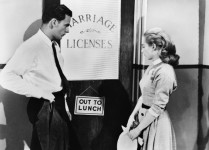“I’m Okay if You’re Okay and My Family, Your Family, and Friends are Okay”
“I’m Okay if You’re Okay and My Family, Your Family, and Friends are Okay”‘ The Pact by Jodi Picoult, Part Three **This article is not a standard review but a discussion of how the story weaves in lessons in psychology and behavior. To make sense of the following, you will need to …










